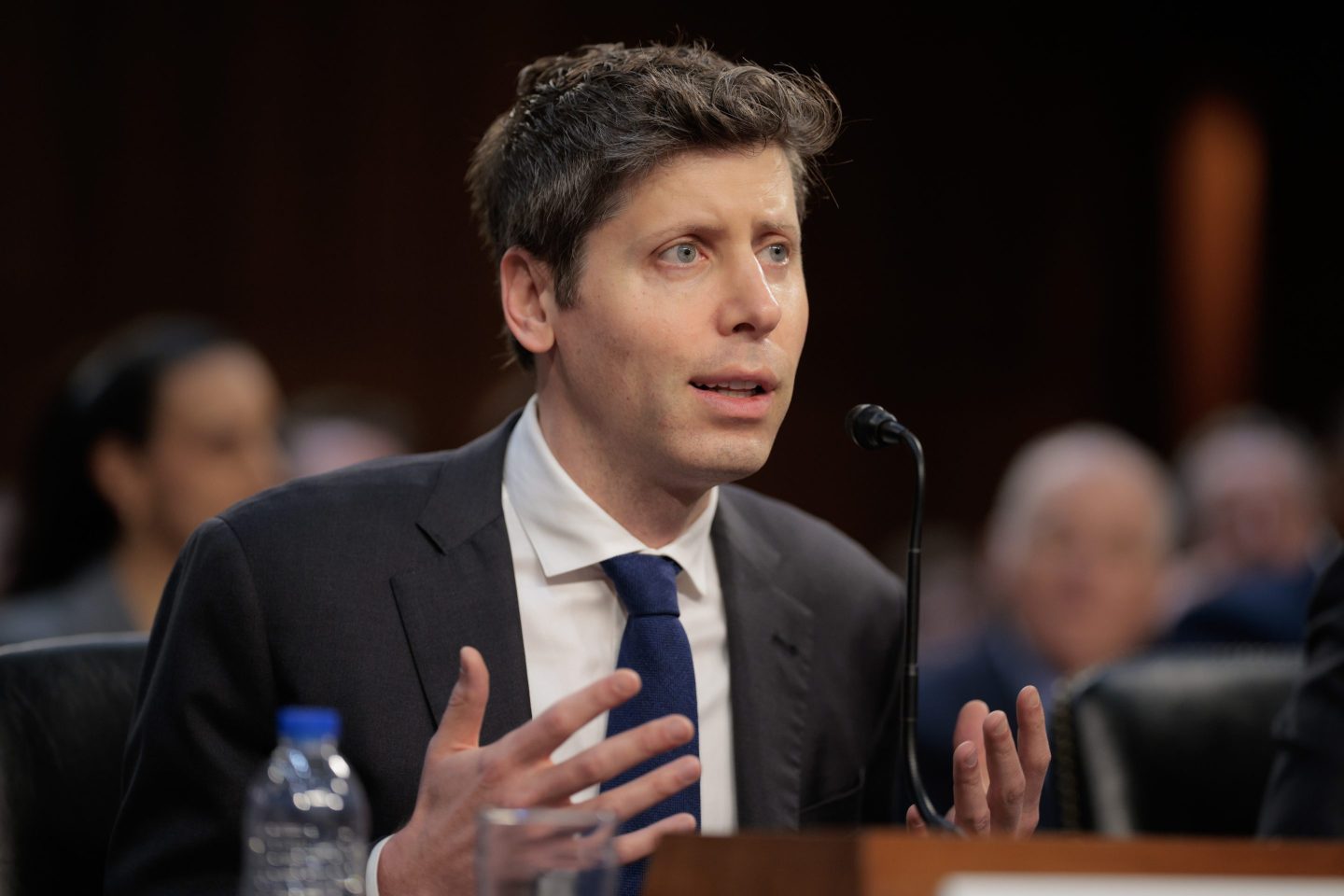Good morning.
I felt wistful seeing an Omaha arena packed with shareholders this year for the Berkshire Hathaway annual shareholder meeting. It wasn’t just the absence of Charlie Munger, who died last year at 99, but the fact that Warren Buffett’s Woodstock for capitalists is one of the last parties designed for investors. Kudos to Elon Musk for letting Tesla shareholders gather in person, too. Shouldn’t owning part of a company be fun now and then?
This proxy season, Walmart, Boeing, JPMorgan Chase, Apple and many other public companies hosted virtual-only annual meetings. That eliminates the risk of some modern-day Evelyn Y. Davis or Wilma Soss showing up in costume to press CEOs on pay, like some kooky-but-wise aunt talking about poverty while you’re trying to eat pie at Thanksgiving. Now, she’s only welcome to call in for dinner and will be muted if she gets out of line.
Like a virtual town hall for employees, virtual shareholder meetings and other tactics can lead to less shareholder engagement or influence. The general meeting and shareholder vote—practices designed to reinforce corporate governance and give investors a voice in the companies they own—may end up losing their power.
The Conference Board just published its 2024 Proxy Season Review, in conjunction with ESGAUGE, Russell Reynolds, and the Rutgers Center for Corporate Law and Governance. You can read the full report here.
While it notes that this proxy season “was marked by increased partisanship and political uncertainty, making shareholder proposals even more contentious compared to the past,” it also reports lower support for such proposals.
There were 48 proposals on diversity-related issues, compared to 43 last year, with average support decreasing to 12% from 17%. Of the 20 proposals related to gender and pay equity, 23% garnered support, compared with one-third of the 16 proposals last year. While climate-related proposals remained steady, with 20% approval of 56 proposals brought to a vote, support for proposals related to plastic pollution dropped to 14% from 25% last year. (Anti-ESG proposals were even less popular, garnering 2% support.)
None of the executive compensation proposals passed, nor did 30 proposals related to limiting or voting on severance agreements. What shareholders did want was a shift in governance, with 39% supporting the 166 proposals brought to a vote. Maybe some woke up during a CEO’s virtual remarks to see how intentionally boring the annual general meeting has become and realized there has to a better way.
More news below.
Diane Brady
diane.brady@fortune.com
Follow on LinkedIn
TOP NEWS
Kamalanomics explained
With just 35 days left until the presidential election, Fortune's Geoff Colvin takes a deep dive into the economic policies and promises Vice President Kamala Harris has proposed for her administration. That includes a critical examination of her aggressive housing grants and tax increases, particularly as they pertain to the C-Suite. Fortune
Amazon employees are angry about RTO policy
Employees at Amazon are "rage-applying" to other jobs after CEO Andy Jassy announced that employees will have to return to the office five days a week. One Amazon employee who was hired virtually during the pandemic said, "I've lost so much trust in Amazon leadership at this point." Fortune
Mark Cuban says U.S. must win AI race
Billionaire Mark Cuban told CNBC last week that if the U.S. loses the AI race it will "lose everything." Cuban specifically referenced the importance of AI in military dominance. Fortune
AROUND THE WATERCOOLER
Men and women’s leadership chances start to diverge even before motherhood, says LinkedIn VP by Orianna Rosa Royle
Trump Media co-founders just dumped almost all of their stock by Christiaan Hetzner
‘Pattern matching’ is venture capitalists’ favorite tool—and their biggest blindspot by Jeff John Roberts
British semiconductor giant Arm reportedly tried to buy a chunk of struggling Intel, but was turned away by Ryan Hogg
Russia is about to face the moment of truth on an economic lifeline from China by Jason Ma
Warby Parker founders on the key to their $1.8 billion success: Being nice guys by Imani Racine
Samuel Adams’ founder carried a briefcase full of beer to business meetings before launching his $3 billion empire by Alice Barlow
The IRS just paid 3 whistleblowers a record $74 million award—and tax evaders should be very afraid by Chris McLamb and Mike Ronickher
This edition of CEO Daily was curated by Joey Abrams.














